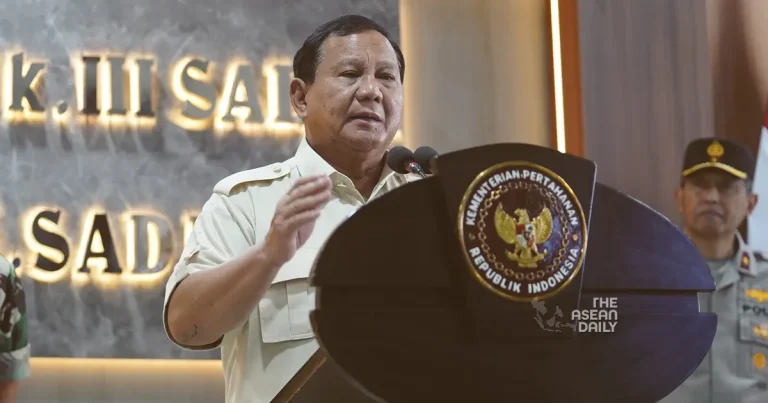2-2-024 (JAKARTA) The upcoming presidential elections in Indonesia have brought forward proposals from the main candidates to establish a new tax collection agency in an effort to boost government revenue. However, this proposal faces skepticism from both the tax and business community, who believe that simpler solutions, such as broadening the tax base, should be prioritized.
Indonesia, Southeast Asia’s largest economy, has long struggled with weak revenue collection. Despite President Joko Widodo’s effective financial management over the past decade, the country’s spending capacity remains restricted due to a deficit ceiling, significant energy subsidies, and mounting interest payments on debt.
As the country prepares to vote for a new president on February 14, all three candidates have pledged to transfer responsibility for the tax department from the finance ministry to the president. Defence Minister Prabowo Subianto, currently leading the race according to the latest opinion surveys, has set an ambitious tax-to-GDP target of 18%, equivalent to around US$100 billion (S$133 billion) in additional tax revenue if he secures the presidency. Prabowo has also promised personal income tax cuts.
Anies Baswedan, former Jakarta Governor, has pledged to reduce taxes for the middle class while raising them for the wealthy. He aims to achieve a tax ratio of 13% to 16% of GDP, under the supervision of a new agency modeled after the US Internal Revenue Service.
Ganjar Pranowo, former Central Java Governor, has proposed doubling Indonesia’s current budget of US$216 billion by implementing stricter law enforcement against tax evasion. He plans to establish a digital tax collection system under a new agency.
However, economists and the business community have raised concerns that the creation of a new tax agency may not lead to increased revenue if fundamental issues like the low tax base are not addressed. Some experts suggest implementing new taxes, such as those on carbon emissions or inheritance, to broaden the revenue stream. The World Bank has cautioned that the independence of a tax authority does not guarantee improved performance, emphasizing the need for other measures such as strengthening compliance databases and rules for small businesses.
Critics of the proposed new agency argue that existing solutions, such as digitization and expanding the tax collector workforce, are already available and should be prioritized. They believe that creating a new institution would be time-consuming and costly. Additionally, it is crucial to improve the relationship between tax officers and taxpayers to foster a fair and transparent environment that encourages voluntary income declaration.
As the presidential candidates vie for victory, the debate surrounding the establishment of a new tax collection agency continues. The success of such an institution will depend not only on its creation but also on addressing broader taxation issues and implementing comprehensive reforms to enhance revenue collection in Indonesia.




